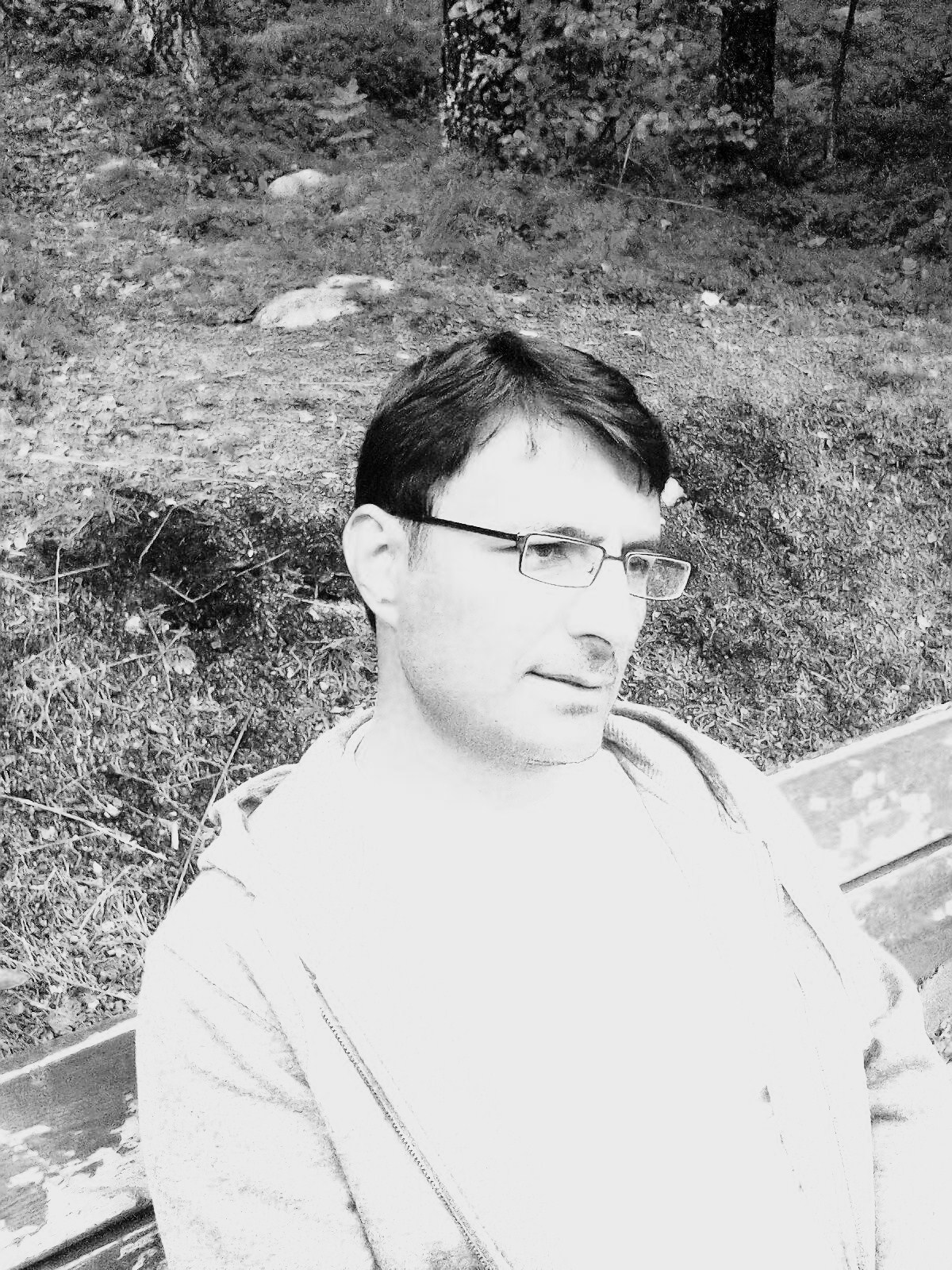
By Aziz Sheikhani:
The Arab world started to change and faced a new era on 18 December 2010. In some Arab countries, the people began to demonstrate and riot against their rulers. It was both violent and nonviolent and came to near to a civil war. This unique event was gradually named, by the media, the Arab Spring. Of course the media, particularly the social and western media, fast-tracked the uprising.
Some countries, such as, Tunisia, Egypt, Libya and Yemen went through the Arab Spring and their rulers were forced from power. The warm winds of riot, demonstration and civil war reached Bahrain and Syria. A new season of contractions of the Arab Spring continued and it was more painful in Syria than in other Arabs states. In addition, some other Arab states including Iraq, Algeria, Jordan, Kuwait, Saudi Arabia etc. have faced some kind of protestations but they were not able to be sustained.
These events showed how demonstrations were violated by government forces and how some states saw rebel groups begin to fight against their own state army. The people paid a heavy price in some countries. The amount of civilian victims as well as significant damage has proved that this spring does not come with singing. The people of this region for the first time in the whole of their history, demanded the downfall of their ruler or regime. At first glance, it is a positive message because the people of these countries have been excluded from the political scene for a long time. They were ruled by different authoritarians under the different ideologies such as nationalism, socialism etc. In other words, the people were kept out of the political game in their own countries and they were eliminated from the process of political decision-making over the governing of themselves.
Arab states have their own cultural features. Most were created following the collapse of the Ottoman Empire, at the end of the First World War. The problem was that they wanted to create a modern and national state, on the basis of their traditional and tribal society. In addition, most were created by the great powers and in the light of their own political interests. The leadership of the Arabs states tried to combine the common traditional and religious aspects with some aspects of western culture and politics. The modern state was created based on the ruins of the previous system. It was not a result of the natural impetus of the people to form a modern state.
The people had no chance to be free and no choice to participate in governing their land and themselves. They were excluded from power and national rights. In continuation of this policy, the people lost their freedom and right to choose their own political system. In addition, the people, particularly dissidents and oppositionists, were forced to be silent and were violated by state forces. There, the state was everything, but the people were only servants of the state and statesmen. This policy of repression and the elimination of freedom of expression prepared the people for revenge and general revolt. The Arab Spring could be a reaction against the regime in their countries. For these reasons, the people were not able to secure the opportunities.
There was no strategy for the future of their countries. Regardless of the great powers’ policy, the lack of comprehensive development in these societies is a reason behind the failure of public uprisings. The coin of the Arab Spring has only one side and the other remains unclear and under a big question mark. In other words, they wanted to topple the rulers and their systems, but they did not have an alternative to replace them.
In summary, this spring has not offered a green and affordable revolution to the people. However, the uprising in the Arab states against the despotic rulers was remarkable from a variety of angles. At least it taught them to be strong and unified them against the repressive state. They learnt that any political system and leader can be toppled and there is no eternal situation. If the power is taken over unlawfully by an undemocratic group and party, in a new era they will be on a road that is full of traps. This main problem, with all the other factors, shows that the spring may fall into the autumn.
Aziz Sheikhani is a doctoral candidate from Finland (university of Tampere). His doctoral paper is on “Why the Kurds do not have their own state? Events that changed the destiny of the Kurds, 1916-26”.
Copyright © 2013 Kurdistantribune.com
.jpg)


